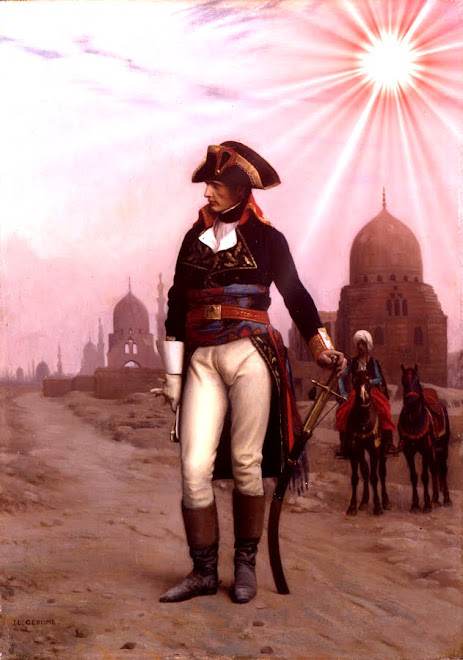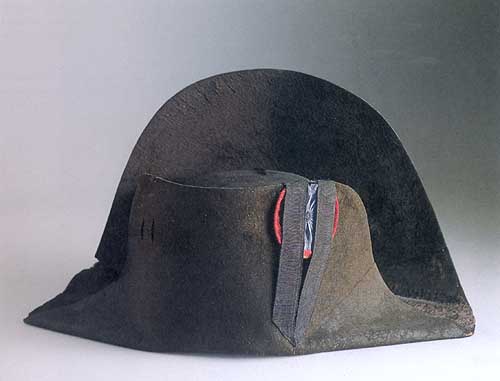What must it have been like to serve with the soldiers of Napoleon's Grand Army? And at what a time and in such places - Egypt, Spain, and during the coldest winter for a hundred years in Russia in 1812?
As I read Bourgogne's magnificent account of his trials and tribulations during that awful winter, I am with him in spirit, almost 'there' - such is the power of his writing, especially the descriptive passages of his experiences. And what a friend, a pal, a 'mucker' he had in old Picart, the cheeky regimental marksman who pretended to be Jewish when he needed a crust or two. How Bourgogne came across Picart when he was himself close to death is incredible - he tumbled down a ridge and discovered Picart hiding in a covered wagon at the bottom with that most precious of possessions - a saucepan! Many a fellow Guardsman gave up his ghost to those infernal nights and his body to the wolves because he had no container for his ration of horse meat or his few splashes of blood when the poor frozen beasts were bled to feed the skeletal survivors.
Men fought for scraps, prepared to die for a few meagre morsels of food to keep them alive for another unforgiving hour, another dreadful minute. For a while the two friends travelled together on a Cossack nag, Picart at the front and Bourgogne at the back as 'rearguard'. Their lives were saved by a Polish family in Lithuania but then the two human titans were separated. They met briefly again at Vilna / Vilnius when Picart was with Marshal Murat's small party.
But Murat - who Napoleon said craved women like other men crave bread - lacked the balls to stand firm and hold the city in the face of the absolute chaos around him as the remnants of the Grand Army fell apart. Murat did a runner, leaving hundreds of half-dead soldiers to drink themselves into oblivion in the city streets. At the approach of thousands of scarecrows and wraiths, the locals had barricaded their doors and many a man who had dragged himself this far, lay down in the streets and died.
One man salvaged what remained of the pride of the French elite - Marshal Ney. A few emaciated men with fingers bent and twisted with the cold, clung to him as he towered over all that ruin and confusion as if impervious both to the freezing winds and to icy despair. Coignet and Bourgogne saw him and marvelled - others, a paltry few, owed him their lives as he shielded them with his aura of inviolability and invincibility. Cometh the hour, cometh the man. Quel homme!
Their spirits remain in a far off land, their bones hidden beneath foreign soil that will forever be part of France. Their shades frequent the glades where their bodies perished and chuckle along with the Russian streams. What arrogance is there in man, and how easily his mortal flesh perishes. But the honour, la gloire, shines in innumerable places - at Krasny, at the Crossing of the Berezina and at Ney's side. As Napoleon said of him: "He's not a man, he's a lion!" Worth all the gold in the Tuilleries vaults. But the likes of Bourgogne, Picart and Coignet shine too - men of iron. We shall remember them.








No comments:
Post a Comment